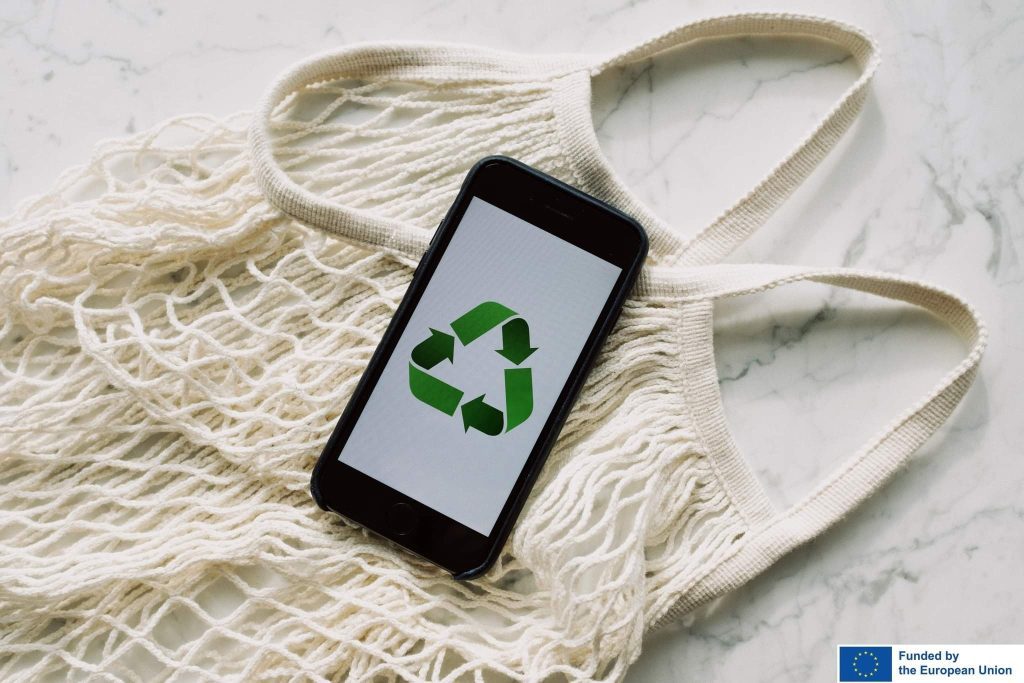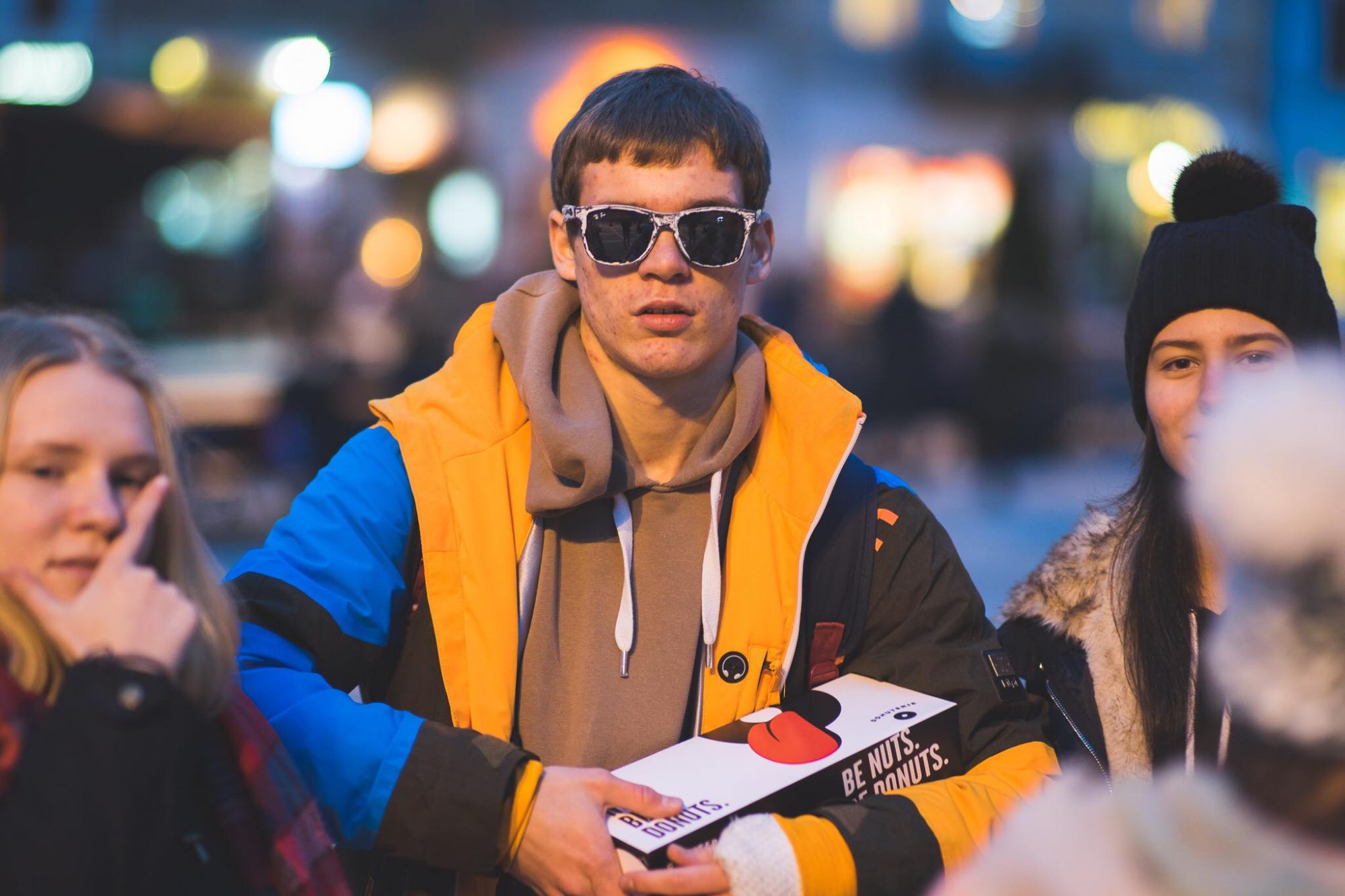Our organization implemented the mobility of youth workers “Green skills” (17-25 of November, 2022) in Kaunas, Lithuania.
Aim of the project was: Raise awareness of the importance of green skills, sustainable and environment friendly practises in organisation’s daily activities and our own daily life and contribute to creating clean and waste-free environment for youth workers, volunteers, NGO members by arranging a training course.
Project was financed by the EU, Erasmus+ programme
We are sharing the text about sustainability which was created by one of the project’s participants – Prisecaru Cristian. So let's read it!
Communication for Sustainability
-
- To Communicate is simple... maybe... for some, for some not. To communicate we need something to say, and even having something to say it is not as simple as it might look.
- A bad communication might destroy a good idea, management or person.
- Nowadays the economic, social and governmental criteria are everywhere: on websites, TV, news, political or corporative speeches... But the question is: are there really something solid, touchable or visible behind all of these? It is very important to make sure the companies and organisations are doing what they are saying regarding ESG criteria. So, we can be sure that they are making a genuine effort to improve the world we live in and move towards a better future for all. Even for companies that do have such a fund, it is not easy to transmit it with the wave amplitude that they would like and in an effective way. Because everyone says they do. Because the messages resemble each other. Because today they all come to tell us the same thing. And, above all, because what we call sustainability is not a simple fact, a good product or excellent results to announce. Sustainability is an attitude. It's a compromise. It is a way of living and thinking.
- Sustainability is an attitude. It's a compromise. It is a way of living and thinking.
- Sustainability is not a fad. It is not a trend. It is not something we can buy or sell. Sustainability is a way of life.
- Sustainability means respect. Respect for our planet. Respect for our resources. Respect for our lives.
- Sustainability is care for what surrounds us. Be careful what we consume. Be careful what we produce.
- Sustainability is a commitment to our planet. A commitment to our lives. A commitment to our future.
- It is a long-term process. We're never done, we may never be done. There is no goal, everything is path.
- But what does sustainable really mean? The most basic definition is that something is sustainable if it can be sustained over the long term. This means that if we want our world to be sustainable, we have to make sure that what we are doing and what we are communicating is something that we can sustain in the long term.
- But how complicated is it? The problem of mistrust and misinformation. And the difficulty of generating a positive impact, compared to the ease of the negative coming to light.
Tips:
• Be transparent. To say that we are trying to do things right, not that we have already done them, and we should not hesitate to expose the difficulties we encountered, and that our audience feel involved in helping to change things.
• Keep it simple, based on facts and data. Giving examples that people identify with, that they notice on their own.
• Be positive. It's about engaging people, not scaring them.
• Differentiate yourselves. Much of what has been done so far has not worked, that it is why you should do it by thinking differently.
• Avoid using the term “sustainable”. Or at least, don't abuse it, because..."Tell me what you brag about and I will tell you what you lack of."
• The ESG strategy should be based on three pillars: environment, through reforestation actions; education, mainly support for the training of young people at risk of social exclusion; and social environment, through collaboration in projects to help children, the elderly and against poverty.
• The vast majority of initiatives and activities of a company or NGO should be participatory, with the intention that customers, suppliers and partners get involved and see the real effect of what they do together.
• Big or small, these are actions with realistic objectives and a visible impact close to the people.
As everything that is new, there is always place for improvement, especially because this is an ongoing process, something that will continue to be talked about hopefully even over a hundred years from now. Or it will be better for us to be so. It's worth a try!
We hope you will use these tips and change attitudes about sustainability as well as take concrete actions for better future.
Thank you for sharing it!










